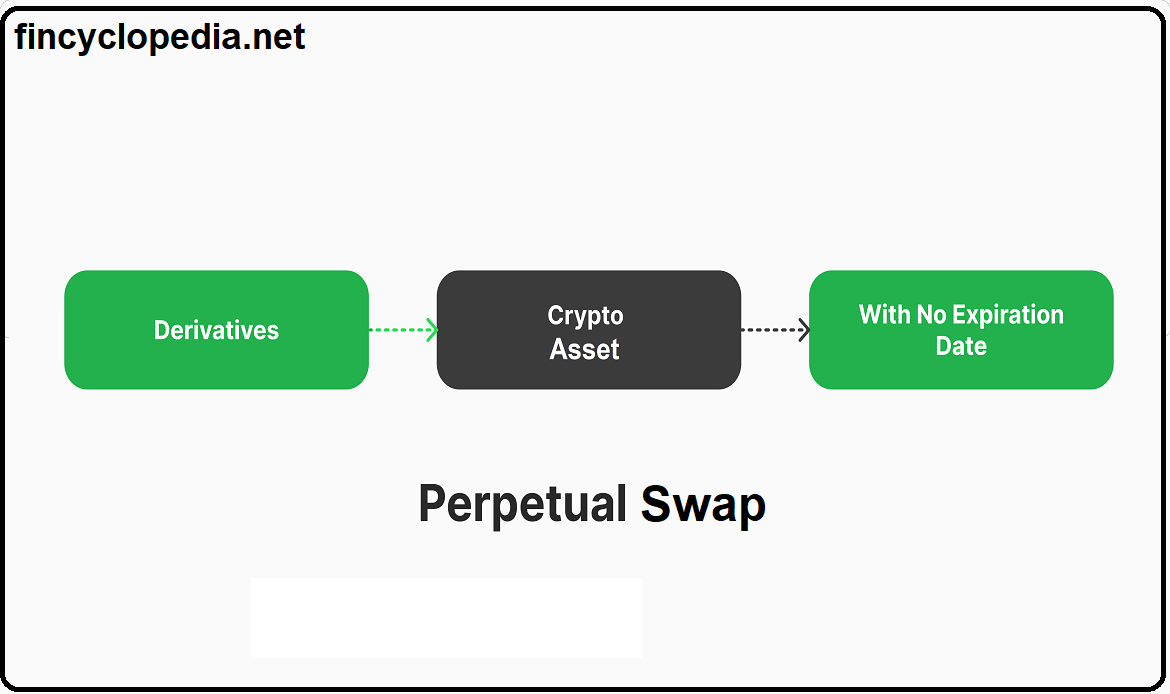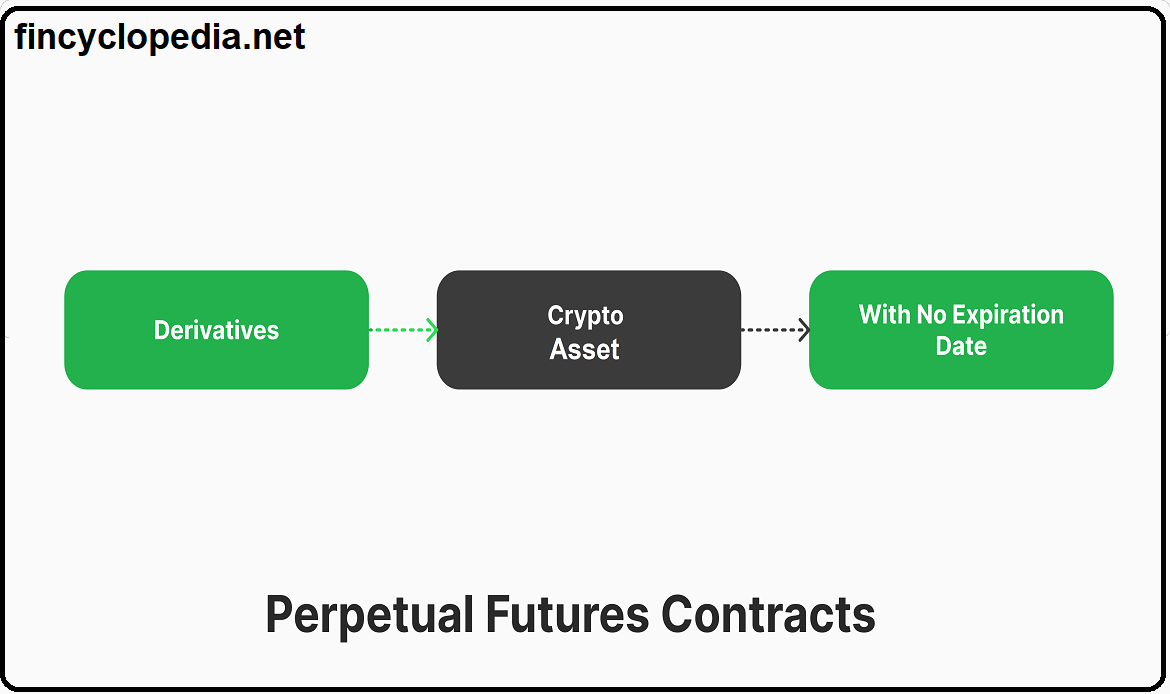In the realm of options, it refers to the amount of money an option buyer pays to an option writer for an over-the-counter option. Also, it is the price paid by an option buyer to an option seller for an exchange-listed option.
In futures markets, it is the amount by which the price of an asset or commodity underlying a futures contract exceeds the price of the same asset or commodity underlying another contract. It also refers to the amount by which the price of an asset or commodity underlying a futures contract exceeds the underlying cash instrument.





